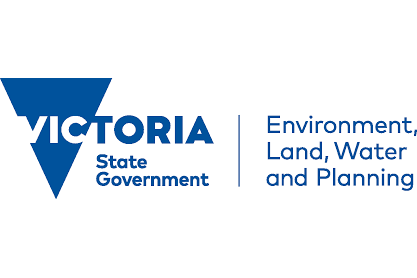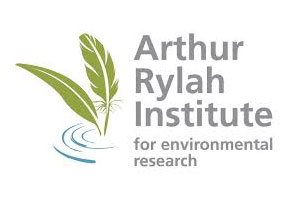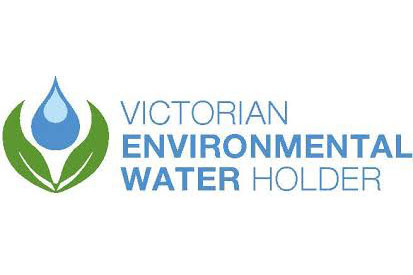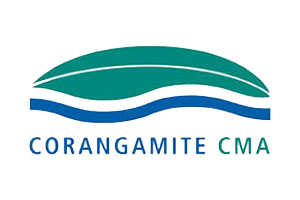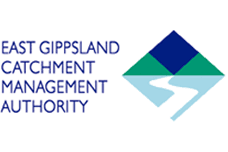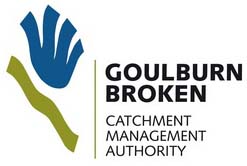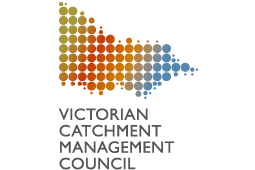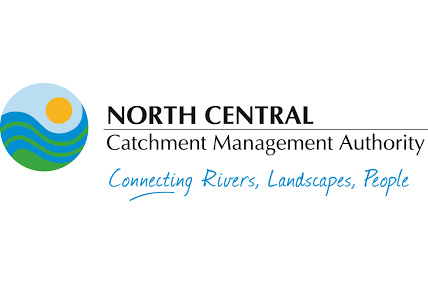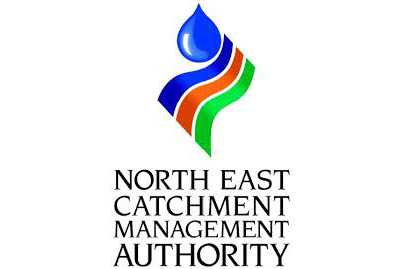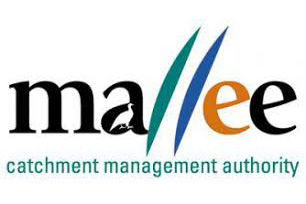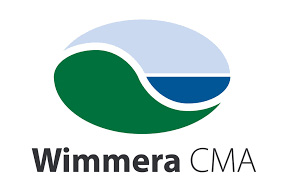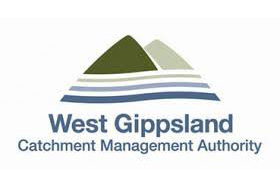
Cultural Values and Knowledge
Aboriginal people have profound cultural, spiritual and economic connections to land, water, biodiversity and resources through their relationship with Country. Connectedness to Country is fundamental to the health and well being of Aboriginal people. As custodians of the land, Traditional Owners attach great social, economic and spiritual value to the plants and animals that have supported their subsistence and economies for thousands of years, and that feature in their Lore and creation stories. Traditional Owners have knowledge of Country, and cultural obligations to manage their traditional lands and waters. In meeting these cultural obligations, they keep Country healthy, which has benefits for their own wellbeing; the natural environment and the wider Victorian community.
Managing Cultural Values and Knowledge
Traditional Owners have legal rights and interests that recognise their roles in and authority for land management, cultural heritage and matters relating to natural resource management. There are several recent key plans which outline how Victorian government can support and improve Aboriginal participation in biodiversity and water management:
- Water for Victoria – Water Plan. This plan includes specific actions to: 1) Recognise Aboriginal values and objectives of water; and 2) Include Aboriginal values and traditional ecological knowledge in water planning
- Protecting Victoria’s Environment – Biodiversity 2037 – Biodiversity Plan. This plan includes specific actions to: 1) Engage with Traditional Owners and Aboriginal Victorians to include Aboriginal values and traditional ecological knowledge in biodiversity planning and management 2) Support Aboriginal access to biodiversity for economic development, and 3) Build capacity to increase Aboriginal participation in biodiversity management.
- Munganin – Gadhaba ‘Achieve Together’ DELWP Aboriginal Inclusion Plan 2016-2020. This plan aims to build collaborative relationships and working partnerships with Victorian Traditional Land Owner Groups; deliver opportunities to Aboriginal Victorians; and create a culturally competent DELWP.
- Managing Country Together - Parks Victoria’s framework for working in partnership with Traditional Owners to manage Victoria’s cultural landscapes. This includes a Joint Management Implementation project.
- Aboriginal Participation Guideline for Victorian Catchment Management Authorities – provides key principles and actions to set the foundations for working with Traditional Owners and Aboriginal communities and organizations, and for ensuring their participation in CMA projects and programs.
Key Projects, Research and Monitoring
- The Aboriginal Water Program was established by DELWP to improve inclusion of Aboriginal people in the way water is managed in Victoria and to reconnect communities to water for cultural, economic, customary and spiritual purposes. This program incorporates a suite of Aboriginal water projects that are underway including:
- Aboriginal Waterway Assessments
- Capacity building projects
- Cultural value mapping projects.
- Flagship Waterways incorporate working with Traditional Owners to better understand and integrate Traditional Owner knowledge and values into waterway management.
- The Budj Bim Connections, which includes Lake Condah and the Fitzroy River, aims to improve the condition of native vegetation, increase connectivity of aquatic habitats and foster sharing and integration of aboriginal knowledge. This area is rich in cultural heritage, including engineered wetlands and channels used to hold and harvest eels. Traditional Owners have been involved in previous eel surveys in the last 10 years (Crook et al. 2008), as well as a new project, led by ARI which is satellite-tracking eels.
- The Living Murray (TLM) Indigenous Partnerships Project provides the opportunity for Aboriginal people to have a meaningful role in the management of MDBA Icon sites, where Aboriginal knowledge, cultural values and goals can be heard and included in environmental planning for Icon sites. For the Barmah-Millewa Icon Site, Traditional Owners led a project which monitored the health of turtle populations, shared knowledge, provided training and supported capacity building (Howard et al. 2011) (see video).
- The National Cultural Flows Research Project – completed in 2018, sought “a future where Aboriginal water allocations are embedded within Australia’s water planning and management framework, delivering cultural, social, spiritual, environmental and economic benefit to communities across Australia”. This project developed a cultural flows assessment tool, and a series of technical reports.
- Traditional Owner Country and Sea Plans – which identify vision, important species, project areas of interest and targets, are in various stages of development.
- CMAs work in close partnership with Indigenous organisations and communities, to increase participation in natural resource management. There are many examples of involvement and participation of Aboriginal people in local CMA events such as field days, River TOurs and training activities including animal and plant identification, monitoring programs and ecology.
- Science on Country event (Moama 2018) – to share knowledge, build relationships and improve cultural awareness when conducting research on Country (ARI, Traditional Owners, DELWP, NCCMA, PV)
